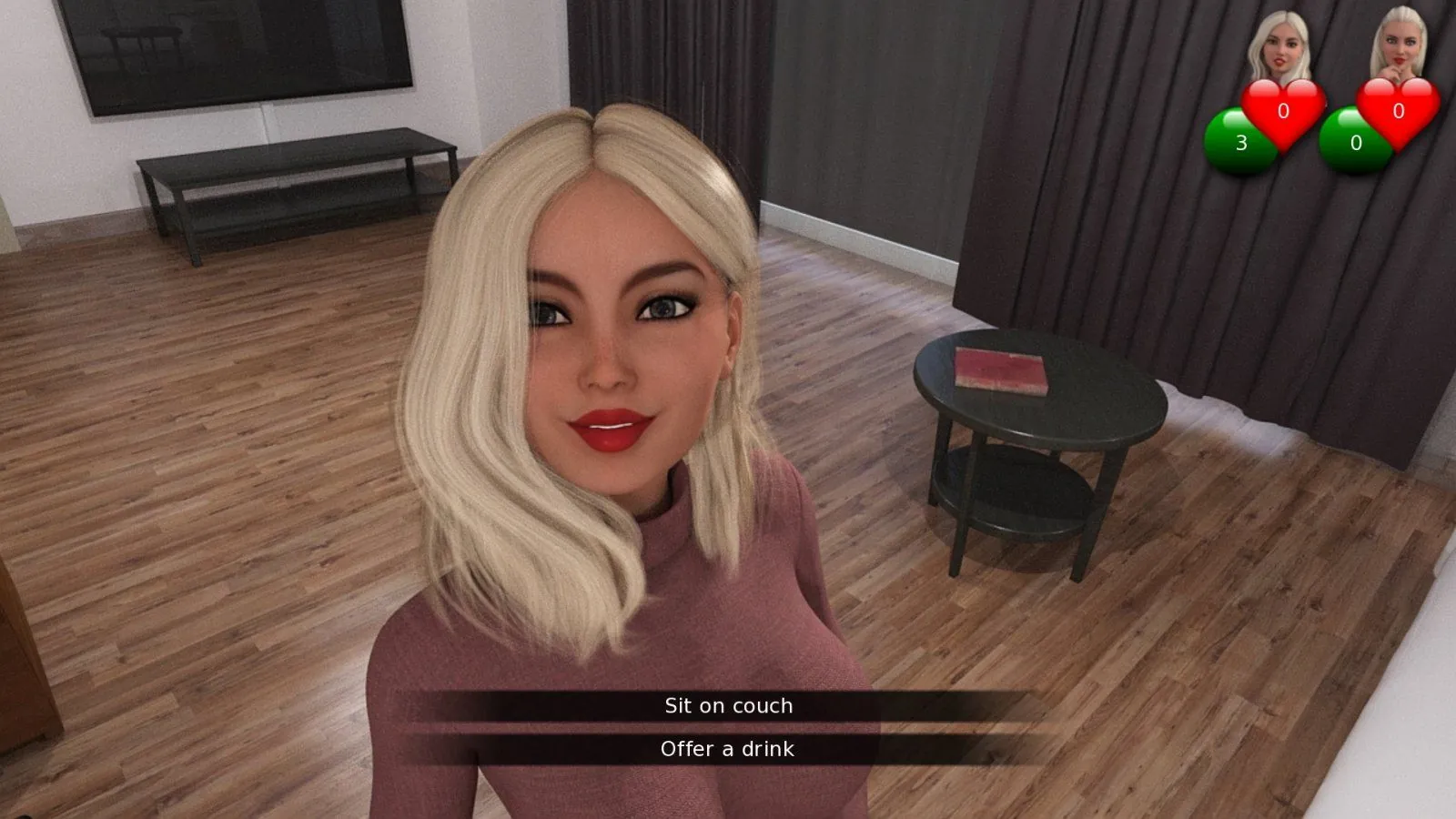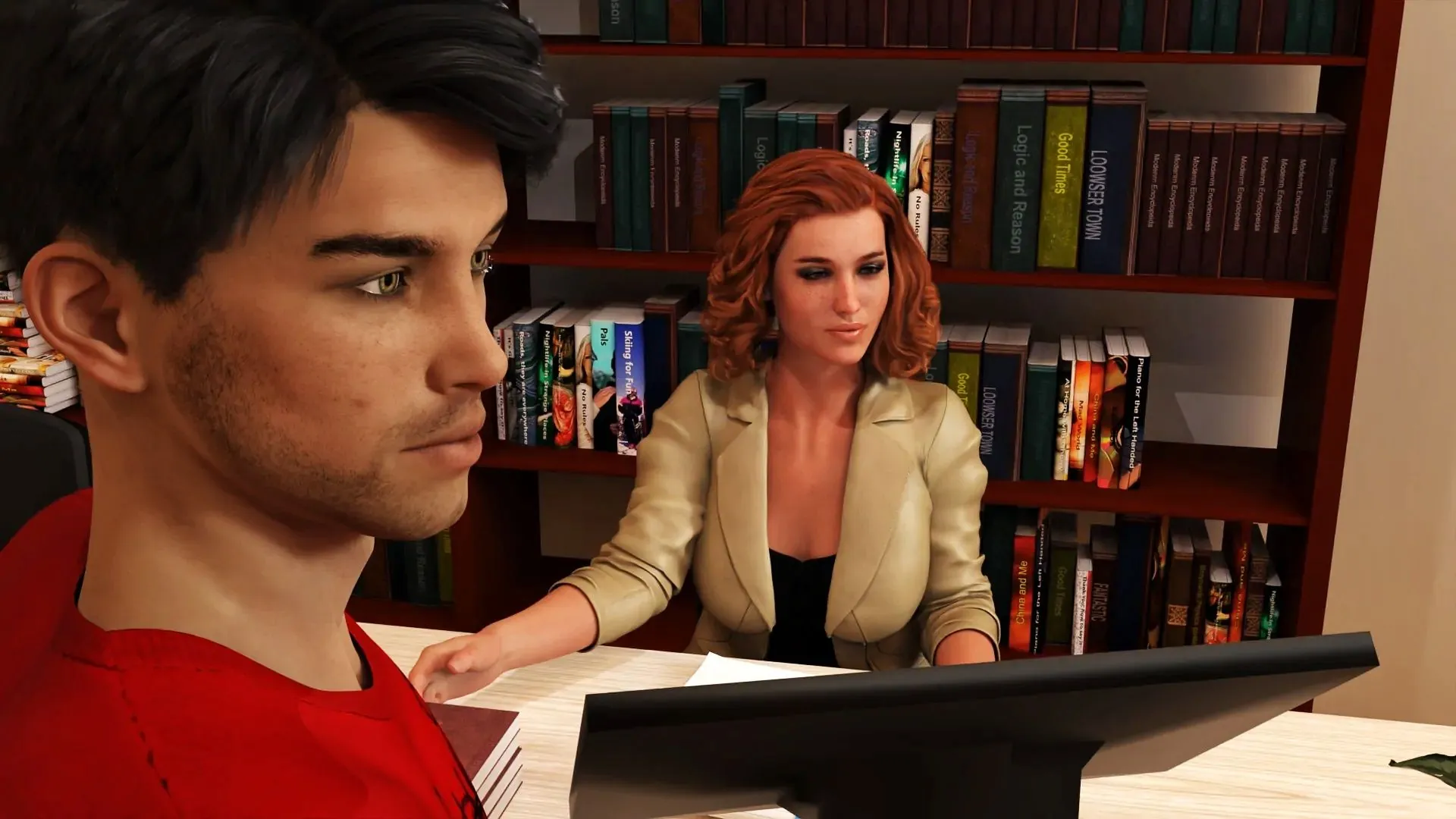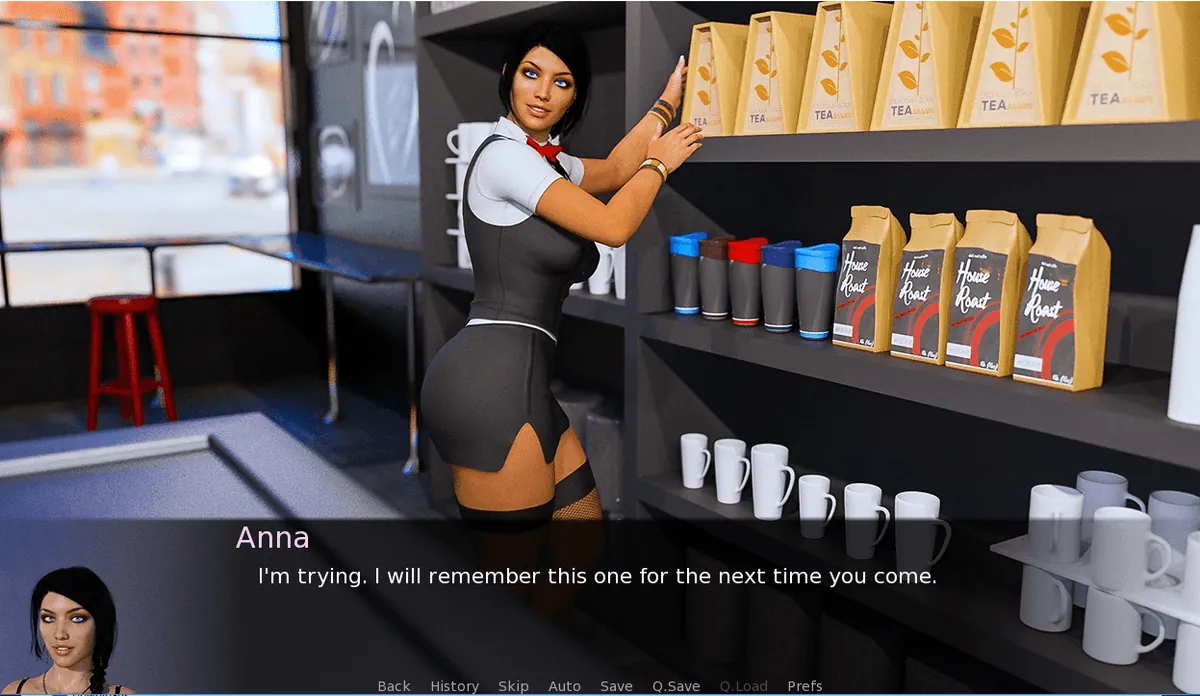
Play Bad Memories
Bad Memories review
Explore the emotional narrative and interactive features of Bad Memories
Bad Memories is a choice-driven visual novel game that immerses players in a deeply emotional story about a troubled childhood and complex family dynamics. Centered on themes of loss, personal growth, and difficult decisions, the game offers a rich narrative experience enhanced by atmospheric visuals and branching storylines. This article explores the key elements that make Bad Memories compelling, including its storyline, gameplay mechanics, and player impact.
Unpacking the Storyline of Bad Memories
Have you ever played a game that stuck with you long after you turned off the console? 😔 That’s the power of Bad Memories. It’s not just a game; it’s an emotional excavation, digging into the fragile parts of our own histories through its powerful Bad Memories storyline. If you’ve ever wondered how a video game can make you feel so deeply, you’re about to find out. Let’s pull up a chair and unpack this incredible narrative together. 🎮
### What Is the Core Narrative?
At its heart, the Bad Memories storyline is a poignant journey through the life of its protagonist, Alex, as they return to their childhood home after years of being away. The catalyst? The sudden and tragic death of Alex’s mother. This event forces Alex to confront a past they’ve spent years running from, primarily centered around a devastating childhood trauma and watching their father’s life unravel in the aftermath.
I’ll be honest, the first time I experienced this setup, it hit close to home. It reminded me of a friend who went through something similar, and playing as Alex felt like walking in their shoes. The Bad Memories plot summary essentially follows Alex’s return, where they must sift through physical and emotional relics of the past. You discover that the father, once a vibrant and caring man, succumbed to grief and addiction, creating a home environment filled with tension and unspoken pain. The core drive of the narrative is Alex’s attempt to understand what happened, reconcile with their father, and ultimately, find a way to heal their own fractured self.
The brilliance of this Bad Memories storyline is how it uses the environment to tell a story. You’re not just told about the trauma; you piece it together by exploring the dilapidated house, reading old journal entries, and interacting with objects that trigger powerful flashbacks. It’s a masterclass in environmental storytelling that makes the Bad Memories family drama feel incredibly intimate and real. You’re not an observer; you’re an archaeologist of a broken family. 🔍
Pro Tip: Pay close attention to the objects you can interact with in the family home. Many hold the key to unlocking deeper layers of the story and understanding the characters’ motivations.
The narrative isn’t linear. It weaves between the present-day exploration and flashbacks to key moments from Alex’s youth. This structure is central to the Bad Memories narrative choices you’ll make. Do you confront your father about a specific memory, or do you let it lie? Do you hold onto anger, or do you try to understand his perspective? Your decisions directly shape Alex’s emotional state and the story’s outcome, making your personal investment in the Bad Memories personal growth journey feel truly earned.
### How Does the Game Explore Emotional Themes?
The Bad Memories emotional themes are the soul of the experience. This game isn’t afraid to wade into deep, murky waters, exploring heavy concepts with a surprising amount of grace. The central theme is redemption—not in a grand, heroic sense, but in the quiet, painful process of making peace with your past and the people who hurt you. It asks the player: Can broken things be mended?
A pivotal moment that perfectly illustrates this occurs about halfway through the game. Alex finds their father’ old guitar, dusty and forgotten in the attic. Strumming a single, out-of-tune chord triggers a visceral flashback to a birthday party before everything fell apart. The father is playing a cheerful song, the mother is laughing, and young Alex is beaming. The contrast with the silent, grief-stricken present is absolutely gut-wrenching. 😢 In that moment, you’re not just seeing a memory; you’re feeling the immense weight of everything that was lost. This is where the Bad Memories narrative choices become agonizing. The game might prompt you: “Remember this?” with options like “This was a lie” or “I miss this.” Your choice doesn’t just advance the plot; it defines Alex’s path toward healing or bitterness.
This leads directly into the theme of consequences. The game brilliantly shows that past choices, both yours and those of the characters, have long-lasting ripple effects. The father’s choice to retreat into his grief had the consequence of alienating his child. Now, Alex’s choices in the present will determine the future of their relationship. This is where the Bad Memories personal growth arc shines. I found myself pausing often, really thinking about what to do, because it felt like my own growth was on the line. It’s a powerful reminder that we are the sum of our choices, and changing that sum is hard, painful work.
Furthermore, the exploration of family drama is handled with incredible nuance. It avoids simple villains. The father isn’t a monster; he’s a broken man who failed his child. Alex isn’t just a victim; they carry their own baggage and flaws. This complexity makes the emotional stakes feel incredibly high and authentic. 🧩 The game made me reflect on my own family dynamics, and I think that’s its greatest strength—it holds up a mirror.
| Emotional Theme | How It’s Explored in-Game | Player Impact |
|---|---|---|
| Redemption | Through dialogue choices and actions that seek understanding and forgiveness with the father. | Players actively participate in the healing process, feeling responsible for the outcome. |
| Consequences of Past Choices | Flashback sequences show pivotal moments, and present decisions are framed by these past events. | Creates a deep sense of cause and effect, making players carefully consider their actions. |
| Personal Growth | Alex’s journal entries evolve based on player choices, visually tracking their emotional state. | Provides a tangible sense of progression and self-discovery for both the character and the player. |
### Who Are the Key Characters?
The Bad Memories characters are not just archetypes; they feel like real, flawed people, and their interactions are the engine of the story. Understanding them is key to understanding the entire Bad Memories family drama. Let’s meet the pivotal figures you’ll spend your time with. 👥
-
Alex (The Protagonist): You see the world through Alex’s eyes. They are a complex mix of resentment, sadness, and a desperate, buried hope for connection. Their motivation is initially simple: get through this unpleasant task and leave. But as they uncover more of the past, their goal shifts towards seeking closure and understanding. Your Bad Memories narrative choices define whether Alex remains trapped by their anger or learns to let go and grow.
-
The Father (David): David is the tragic center of the storm. Once a loving and creative musician, his wife’s death shattered him. His motivation is rooted in a profound, incapacitating grief that led him to withdraw from the world and, unintentionally, from his child. He isn’t villainous; he’s humanized by his pain. Interacting with him is emotionally charged, as you decide whether to confront his failures or offer compassion. Writing his character with such empathy is what elevates the Bad Memories storyline beyond a simple tragedy.
-
The Mother (Sarah – through memories): Although deceased, Sarah’s presence is felt everywhere. She is the ghost in the machine, the symbol of the happiness that was lost. Through flashbacks and mementos, you piece together her vibrant and caring personality. She serves as the emotional benchmark for what the family once was and what it lost, constantly reminding the player of the stakes involved in Alex’s journey.
To help keep track of how these Bad Memories characters influence the narrative, here’s a quick breakdown:
| Character | Primary Motivation | Role in the Story |
|---|---|---|
| Alex | Seeking closure and understanding from a painful past. | The player’s avatar; their growth is the central arc of the game. |
| David (The Father) | To survive his overwhelming grief, albeit in a destructive way. | Represents the consequences of unchecked trauma and the possibility of redemption. |
| Sarah (The Mother) | Seen through memories; embodied the family’s lost happiness. | The catalyst for the entire drama; the symbol of what was lost. |
Getting to know these Bad Memories characters is a slow, rewarding process. You learn about them not through lengthy expositions, but through subtle environmental details and your interactions. This approach makes the final confrontations and resolutions feel incredibly earned, cementing the game’s status as a landmark in emotional storytelling. The depth of the Bad Memories storyline and the richness of its Bad Memories emotional themes ensure that this is one journey you won’t soon forget. 💖
Bad Memories offers a compelling blend of emotional storytelling, meaningful player choices, and immersive audiovisual design that together create a memorable gaming experience. Whether you are drawn to its rich narrative or the challenge of navigating complex decisions, the game invites players to explore themes of loss, growth, and redemption in a deeply personal way. Dive into Bad Memories to uncover its layered story and shape your own path through its dynamic world.




























